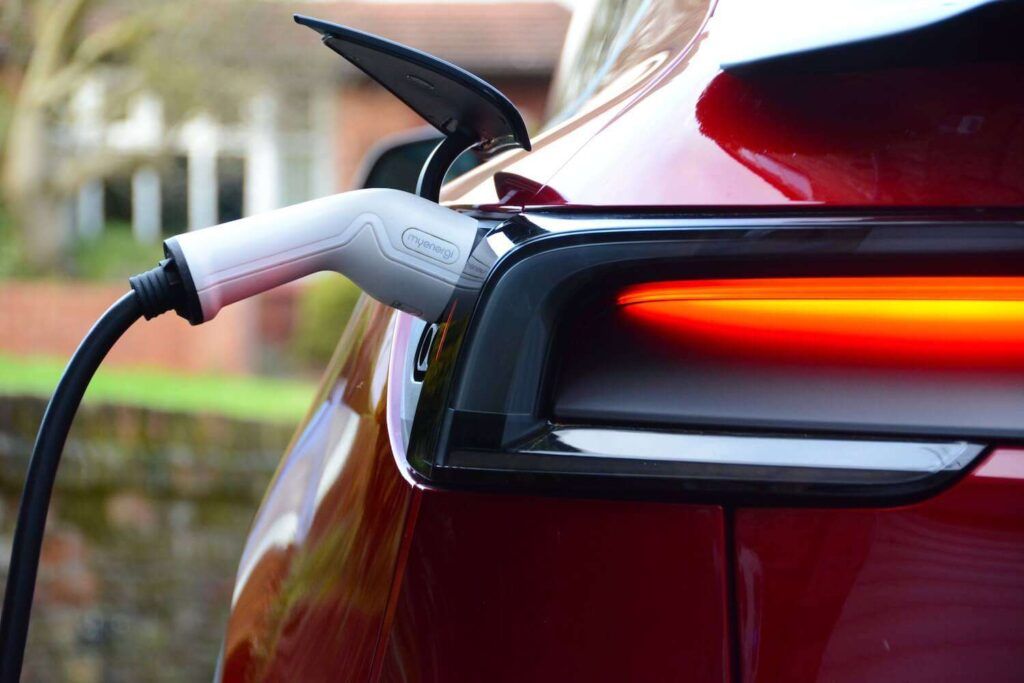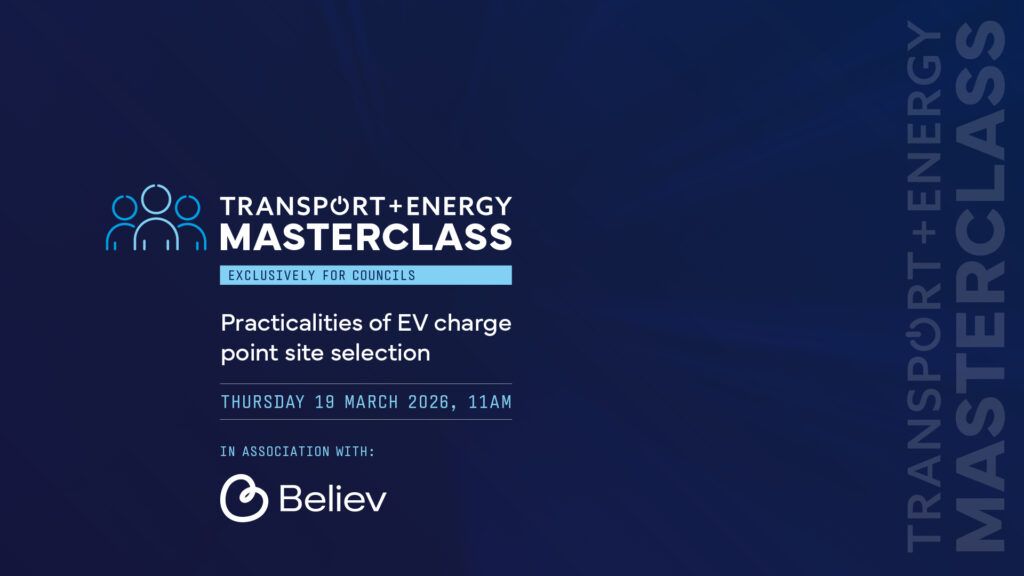Reports over the weekend have suggested that a “substantial change of policy” has been agreed by the UK Government on the Zero Emission Vehicle (ZEV) Mandate.
Speaking to The Times, business secretary Jonathan Reynolds responded to claims from Nissan that its Sunderland plant was under threat, without relaxation of the electric vehicle (EV) sales rules that are currently in place.
Last month, a government consultation on the issue concluded, with the industry now awaiting further details on what changes will occur to the Mandate.
At present, the target is 28% of all vehicle sales being EV by the end of 2025, rising to a third by the end of next year (33%) and then 38% in 2027, 52% in 2028, two-thirds of all vehicles (66%) in 2029 and then 80% by 2030.
Data so far this year suggests that vehicle registrations are already above last year’s Mandate of 22% and just below the 28% required on a month-by-month basis.
But some evidence suggests that registrations are already on target to hit the government’s current rules. Despite this evidence, vehicle manufacturers have been lobbying for a change in the Mandate, claiming a lack of demand.
Reynolds told The Times that a change had been agreed now on the Mandate, and the UK Government would do “everything we can” to ensure Nissan had a “long-term future in the UK, making sure the business and regulatory environment reflects that.”
Last year at the T+E Forum, which took place one day after the first roundtable meeting with the transport and energy sectors to discuss the Mandate, the industry called on the UK Government for assurances on the scheme and certainty.
Many in the charging industry especially have called for the ZEV Mandate to remain in place. Industry body ChargeUK said last month that the sector’s ability to support the EV transition is “severely compromised” if the right conditions for investment cannot be secured.
The industry trade association also said that the rollout of widespread, affordable charging infrastructure will be “jeopardised” if the ZEV mandate is altered. Further details can be found in the Transport + Energy Delivery Plan, which was released earlier this year.
In its response to the UK Government’s consultation on the petrol and diesel car phase out, ChargeUK outlined how the ZEV mandate has “underpinned the multi-billion-pound investments committed by its members to deploy critical infrastructure”.
The Renewable Energy Association (REA) went further, stating that the UK Government should remain resolute on the ZEV mandate, arguing that it will reduce air pollution and help save lives.
In its response to the consultation on proposals to support the UK’s transition to zero-emission vehicles, the REA strongly opposes the inclusion of full hybrid vehicles as the CO2 emissions from HEVs have a significantly higher CO2 emissions range and ultimately their electric batteries are powered by petrol and diesel.
Image from Shutterstock












